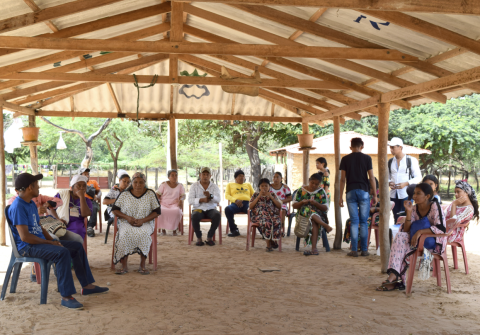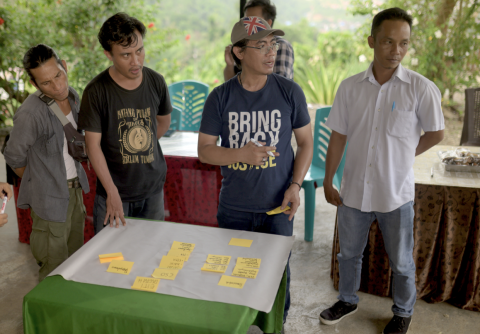
The energy transition is transforming the energy sector and reshaping the future of resource-rich countries. These shifts hold both promise and challenges for communities living near energy and mining projects. While increased investment can lead to new income, employment opportunities and spending on community projects, it also poses risks to traditional livelihoods and the environment. Changes in global supply and demand patterns may result in revenue and job losses, along with the need to address the environmental consequences of past extractive activities.
The speed and scale of change driven by the energy transition underscores the urgency to strengthen governance in the energy and mining sectors so that the world achieves its decarbonisation goals in a manner that respects the rights of communities.
To advance community priorities in the energy transition, the EITI launched the “Engaging communities in a just transition” project in 2022 with support from the Ford Foundation. This two-year initiative, which aimed to explore how the energy transition affects the livelihoods of communities near extractive and energy projects and their access to data and dialogue platforms, was implemented in four subnational areas across Colombia, Ghana, and Indonesia. The project further sought to identify how EITI multi-stakeholder groups and other stakeholders could leverage the EITI Standard to strengthen community voices and engagement in decision-making related to the energy transition.
This report was produced by the EITI International Secretariat and funded by the Ford Foundation.




